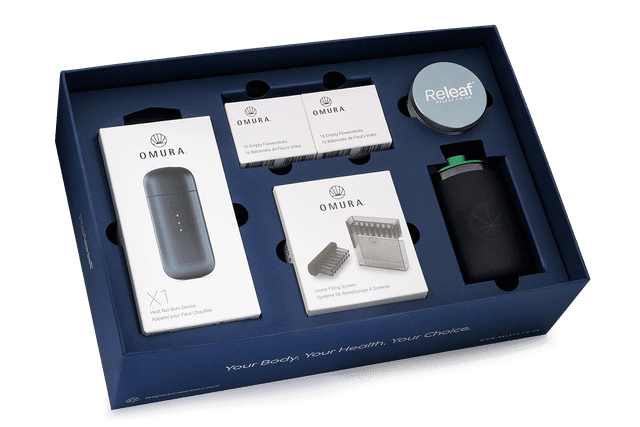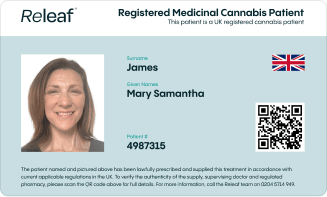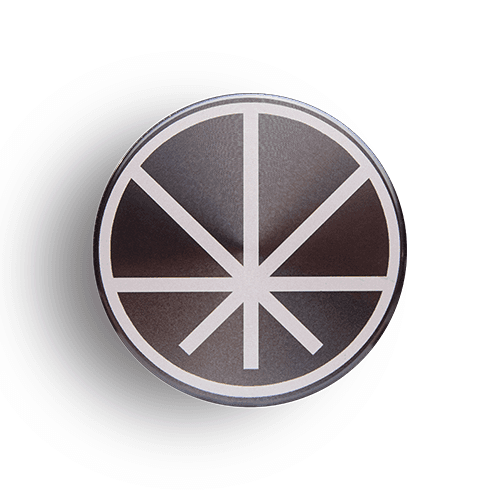Decarboxylation
Decarboxylation is a chemical reaction that occurs when cannabis is heated, causing its cannabinoids and their medicinal potential to activate.
Decarboxylation is a chemical reaction of carboxylic acids losing a carbon atom from a carbon chain through heat, oxidation, time, light, or pressure. Cannabinoids have a carboxylic chain. When cannabis produces cannabinoids, they are in acid form. Heating cannabinoids to a specific temperature for a set time causes THCA to decarboxylate, where it loses a carbon dioxide molecule and turns into THC.
Cannabinoids are not psychoactive in their acid form, but still have medical value. Vaping or ingesting decarboxylated THC can lead to psychoactive effects, depending on the dosage size.
What is decarboxylating cannabis?
Decarboxylation of cannabis refers to the process of cannabinoids changing from their acid to a neutral form. At a molecular level, it just means that the cannabinoid molecule loses a carbon atom. This process turns THCA into the psychoactive THC, or CBDA into the non-intoxicating CBD.
How is decarboxylation achieved?
Decarboxylation happens when the acid form of cannabinoids in cannabis heats to a temperature that breaks the bond of the carbon atom. Exposure to sunlight, pressure, and oxidation can also cause decarboxylation to occur.
How long does it take to decarboxylate THC?
Decarboxylating THCA to convert it into THC can take anywhere between 20 minutes to several hours when using heat as a method. The lower the heat, the longer it will take; the higher the heat, the less time it will take to decarboxylate.
What is the best temperature when 'decarbing' cannabis?
There is no specific temperature that is considered the best for cannabis decarboxylation. It depends on personal preference and what you are using the cannabis for. Higher temperatures (around 121°C) results in a faster decarboxylation process, but may also degrade some cannabinoids and terpenes. Lower temperatures (around 93.3°C) will take longer, but may preserve more of the beneficial compounds in the cannabis.
What is the difference between decarboxylating THC and CBD?
The difference between decarboxylating THC and CBD is the boiling point of the cannabinoids. THCA's boiling point is 120°C, and CBDA's is 130°C. THC boiling point is 157°C and CBD boiling point is 160-180°C.
Does decarboxylation happen naturally?
Yes, THCA can convert to THC naturally. Decarboxylation will happen over time if left in the right conditions. Storing cannabinoids in their acid form in cold temperatures will prevent decarboxylation from happening.
If you would like to learn more about medical cannabis in the UK, Releaf is here to help.



